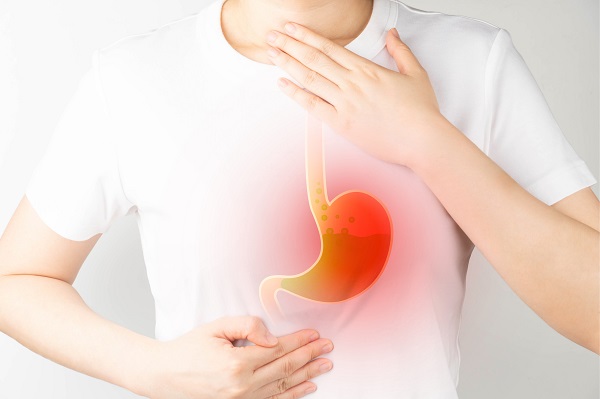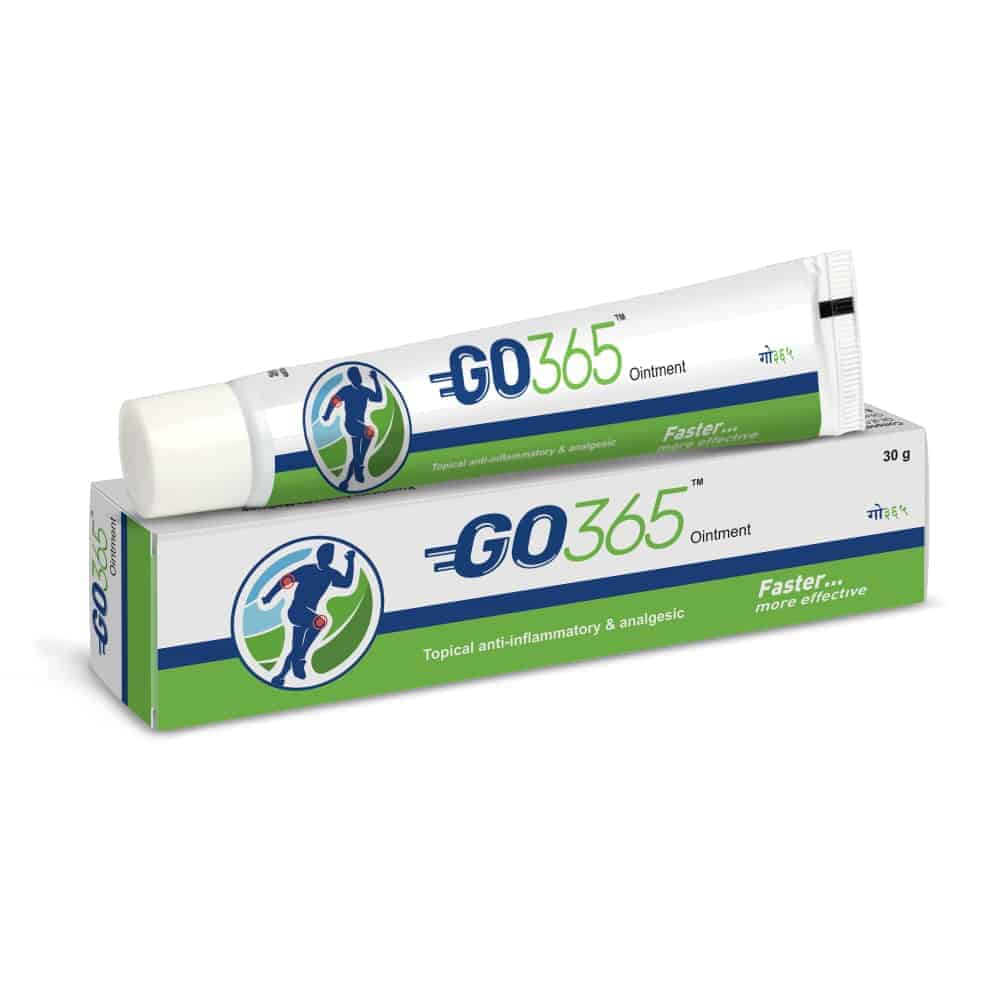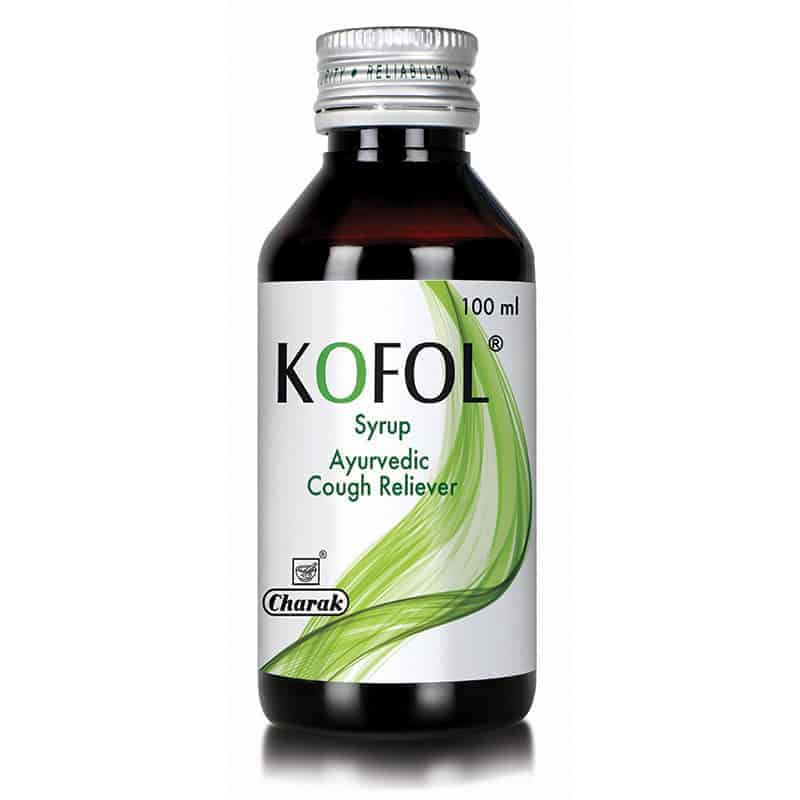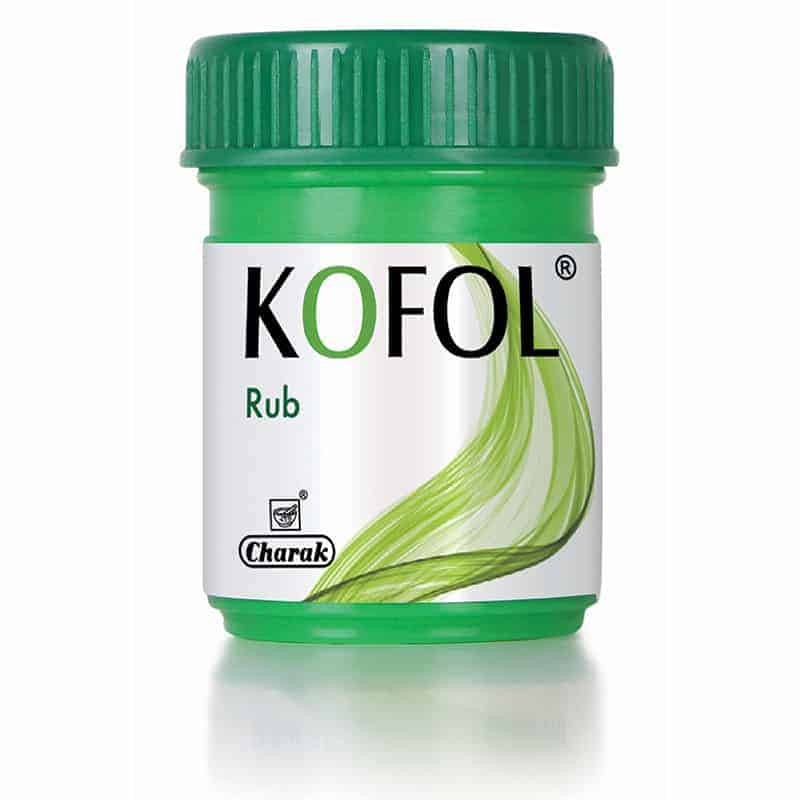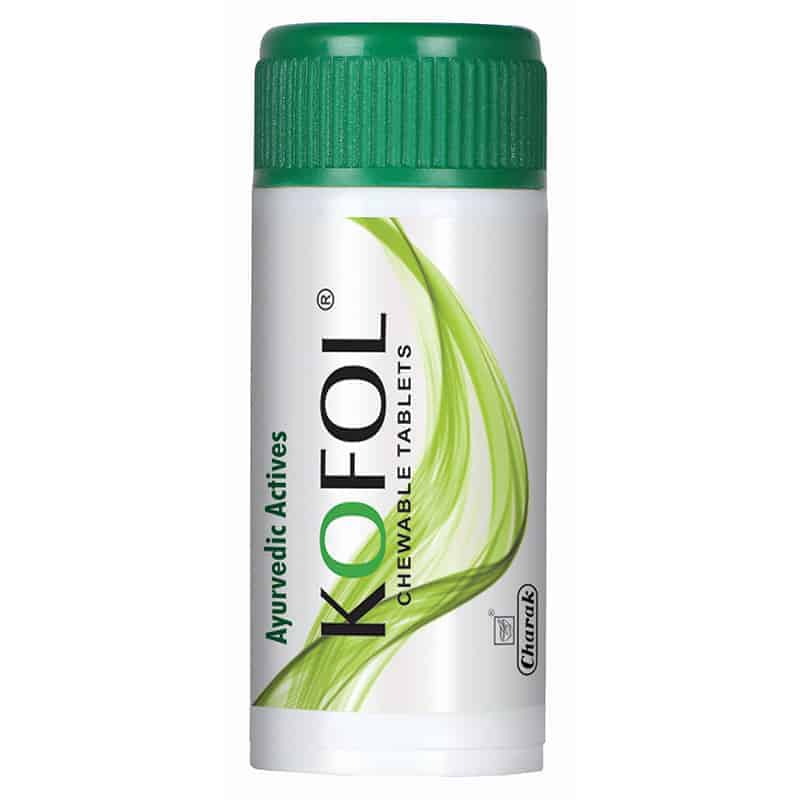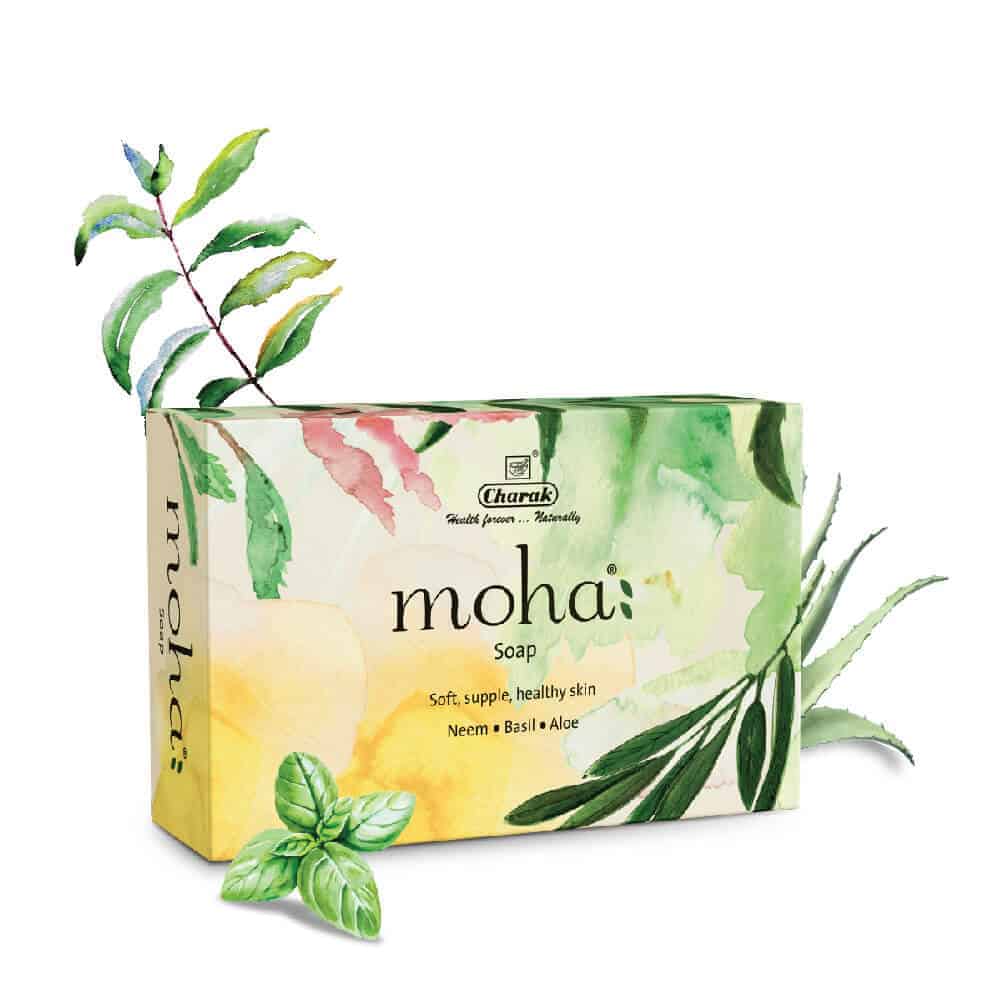We often consider our stomach as dumping bag and dump food as and when we feel hungry. Sedentary lifestyle, high consumption of fatty, fried, oily foods adds up to the causes of acidity. Acidity usually arises due to excess consumption of spicy foods, eating in excess, improper chewing of food and eating habits, obesity, bad lifestyle, drinking alcohol, smoking and stress.
In normal circumstances, stomach acid activates digestive enzymes and promotes digestion. Excessive secretion of stomach acid leads to stomach erosions and acid reflux. Acid reflux is the regurgitation of food and stomach acid into the food pipe called oesophagus. This causes severe heartburn, chest pain, abdominal bloating, and belching.
Following tips will help in lowering acidity, and reverse the damage caused by excess acid production.
- Go for healthy food
Certain foods and beverages like fried or fatty foods, coffee, tea or alcoholic beverages, may triggerhyperacidity. Also, avoid foods and beverages that can irritate a damaged internal lining, such as chilli, pepper, tomato products, citrus fruits and juices. Avoid such food and opt for a healthy diet comprising of cooked vegetables and whole grains. Eat slowly and chew well as digestion starts from the mouth only.
- Follow healthy lifestyle
Eating meals at least 2 to 3 hours before bedtime may reduce reflux of acid. In addition, elevating the head while sleeping also reduces heartburn by allowing gravity to minimize stomach acid reflux.
- Maintain healthy weight
In addition, being overweight often worsens hyperacidity. Perform regular exercise and eat a balanced diet to avoid weight gain. It’s important to exercise at least for half an hour as it will help for better movement of the intestine, preventing the acidity problem.
- Quit smoking and drinking
Avoid smoking and drinking alcohol as it aggravates hyperacidity. As per a study, cigarette smoking relaxes the stomach opening muscles resulting in backflow of stomach acid causing acid reflux.
- Get rid of stress
Work on stress levels as stress disturbs eating and sleeping habits leading to hyperacidity. Adopt ways to relieve stress like deep breathing, meditating and relaxing etc.
- Eat meals in small potions
When the stomach is full, there is more chance of developing acid reflux into the oesophagus. Hence eating small meals more frequently rather than three large meals daily can be helpful if it fits into schedule.
- Stay upright after eating
When person is standing or even sitting, gravity alone helps keeps acid in the stomach, thus preventing acid reflux. One must avoid naps after lunch. Also late dinner or midnight snacks should be strictly avoided.
- Avoid workout after food
Avoid vigorous exercise for a couple of hours after eating. An after-dinner taking a small stroll is fine, but a more strenuous workout, especially if it involves bending over, can send acid into oesophagus.
- Avoid certain medicines
Some medicines including postmenopausal estrogen, tricyclic antidepressants, and anti-inflammatory painkillers can relax the sphincter causing acid reflux. Some other medicines like alendronate, ibandronate or risedronate, which are taken to increase bone density—can irritate the oesophagus.
- Prefer herbal options
Herbs like Amla, Mulethi, Shatavari reduces excessive secretion of stomach acids, prevents acid reflux and protects internal lining.
DIPYA syrup is a safe and effective option for acidity from Charak Pharma. It is a single comprehensive remedy and first choice in the management of acid reflux. DIPYA not only reduces the acid secretion but also strengthens the mucosal defences. Amalaki in DIPYA reduces the excessive secretion of stomach acid. Shatavari increases mucosal defences while Draksha is protects internal lining of stomach.
Follow these simple tips along with DIPYA syrup let of Charak Pharma to confidently counterstrike acidity.
